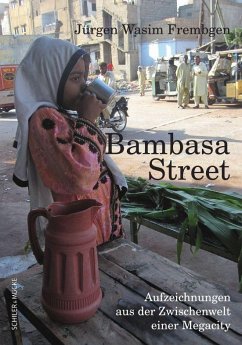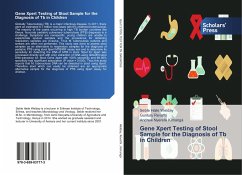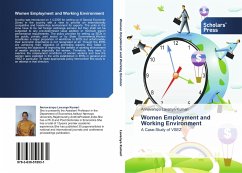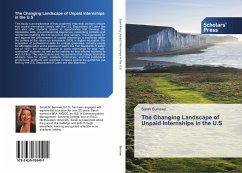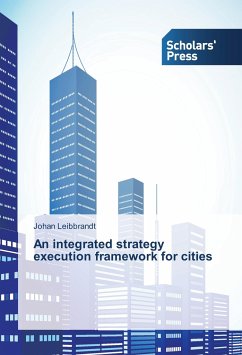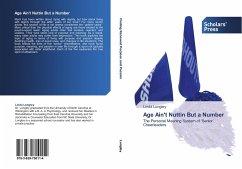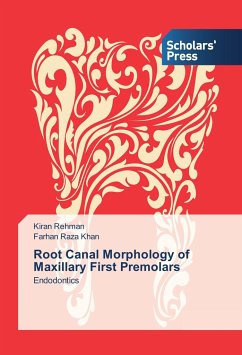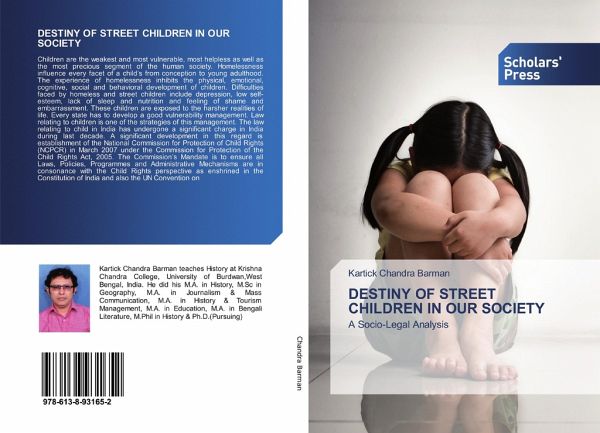
DESTINY OF STREET CHILDREN IN OUR SOCIETY
A Socio-Legal Analysis
Versandkostenfrei!
Versandfertig in 6-10 Tagen
45,99 €
inkl. MwSt.

PAYBACK Punkte
23 °P sammeln!
Children are the weakest and most vulnerable, most helpless as well as the most precious segment of the human society. Homelessness influence every facet of a child's from conception to young adulthood. The experience of homelessness inhibits the physical, emotional, cognitive, social and behavioral development of children. Difficulties faced by homeless and street children include depression, low self-esteem, lack of sleep and nutrition and feeling of shame and embarrassment. These children are exposed to the harsher realities of life. Every state has to develop a good vulnerability managemen...
Children are the weakest and most vulnerable, most helpless as well as the most precious segment of the human society. Homelessness influence every facet of a child's from conception to young adulthood. The experience of homelessness inhibits the physical, emotional, cognitive, social and behavioral development of children. Difficulties faced by homeless and street children include depression, low self-esteem, lack of sleep and nutrition and feeling of shame and embarrassment. These children are exposed to the harsher realities of life. Every state has to develop a good vulnerability management. Law relating to children is one of the strategies of this management. The law relating to child in India has undergone a significant charge in India during last decade. A significant development in this regard is establishment of the National Commission for Protection of Child Rights (NCPCR) in March 2007 under the Commission for Protection of the Child Rights Act, 2005. The Commission's Mandate is to ensure all Laws, Policies, Programmes and Administrative Mechanisms are in consonance with the Child Rights perspective as enshrined in the Constitution of India and also the UN Convention on




